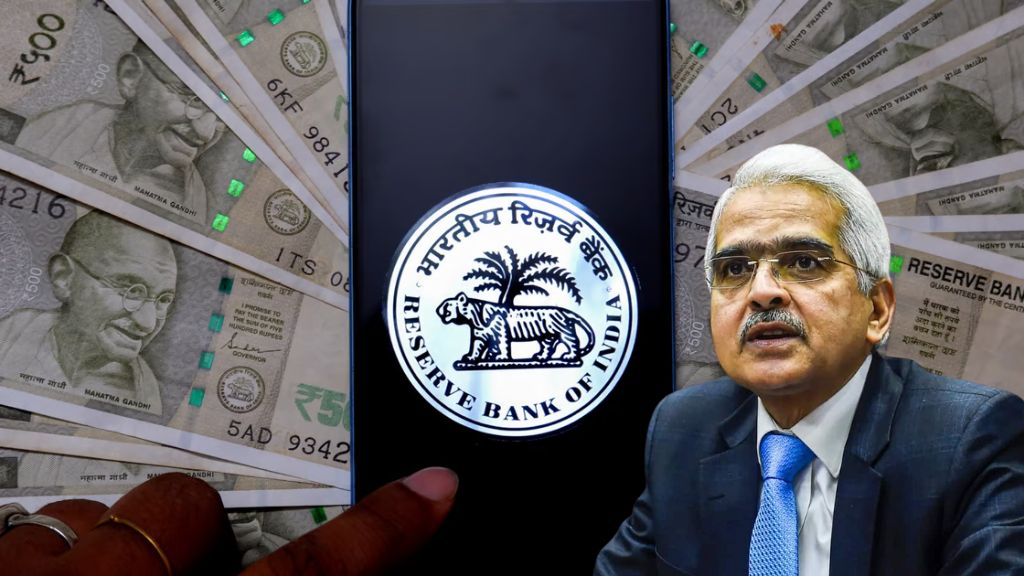RBI Action The Reserve Bank of India (RBI) has recently taken stringent action against several banks and financial institutions for non-compliance with regulatory guidelines, demonstrating its commitment to maintaining strict oversight of the financial sector. Through an official press release, the central bank has announced a series of penalties imposed on various banking and non-banking entities, highlighting its zero-tolerance approach towards regulatory violations.
Major Penalties and Their Recipients
In a significant move that has caught the attention of the financial sector, the RBI has imposed penalties on 17 different banking institutions. Among the notable cases, the Nazareth Urban Co-operative Bank Limited in Tamil Nadu has been slapped with a penalty of Rs. 1 lakh, while Mumbai-based Family Home Finance Limited has been fined Rs. 50,000. These penalties reflect the central bank’s determination to ensure compliance with established banking norms and regulations.
Nature of Violations
The investigations conducted by the RBI revealed several concerning practices that prompted these punitive actions. One of the most serious violations involved a bank approving loans to relatives of its directors, raising significant concerns about conflict of interest and corporate governance. This practice directly contradicts the fundamental principles of fair banking and transparent financial management.
During statutory inspections, the RBI discovered multiple instances of regulatory non-compliance, which led to the issuance of show-cause notices to the concerned institutions. The final decision to impose penalties was taken after carefully considering the responses received from these institutions and evaluating the gravity of their violations.
NBFC Compliance Issues
The case of Family Home Finance Limited particularly highlights the challenges facing the NBFC sector in maintaining regulatory compliance. The investigation revealed several shortcomings in their operational practices:
- Failure to implement proper risk stratification measures for customers
- Inadequate review of customer risk classification
- Irregular updating of Know Your Customer (KYC) documentation
These violations indicate a systemic weakness in the company’s risk management and customer due diligence processes, which are crucial for maintaining the integrity of the financial system.
Impact on Customers and Future Operations
The RBI has been explicit in addressing concerns about the impact of these penalties on regular banking operations. In a reassuring statement, the central bank has clarified that these punitive actions will not affect:
- Existing customer transactions
- Valid agreements between the institutions and their customers
- Future regulatory actions by the RBI
This clarification is crucial for maintaining public confidence in the banking system while ensuring that necessary corrective actions are taken against non-compliant institutions.
Regulatory Oversight and Enforcement
The recent actions by the RBI demonstrate its robust supervisory framework and commitment to maintaining the highest standards in the banking sector. The penalties serve multiple purposes:
- Deterrence: They send a strong message to other financial institutions about the consequences of regulatory non-compliance
- Correction: They encourage institutions to strengthen their internal control mechanisms
- Protection: They help safeguard the interests of depositors and customers
Implications for the Financial Sector
These enforcement actions have broader implications for India’s financial sector:
Enhanced Compliance Culture
Financial institutions are likely to strengthen their compliance departments and internal audit mechanisms to avoid similar penalties in the future. This could lead to improved operational standards across the sector.
Better Corporate Governance
The focus on related-party transactions and risk management practices may prompt banks and NBFCs to review and enhance their corporate governance frameworks.
Customer Protection
The emphasis on proper KYC updates and risk classification highlights the importance of customer protection in financial services.
Way Forward
The RBI’s actions underscore the need for financial institutions to:
- Regularly review and update their compliance procedures
- Strengthen internal control mechanisms
- Maintain proper documentation of customer information
- Ensure transparent lending practices
- Avoid conflicts of interest in loan approvals
The RBI’s recent enforcement actions against 17 banks and financial institutions represent a significant step in ensuring the stability and integrity of India’s financial system. While the immediate impact includes monetary penalties, the long-term effects are likely to be positive, leading to improved compliance standards and better corporate governance in the banking sector.
These actions also demonstrate the RBI’s commitment to its role as a vigilant regulator, working to maintain the health of the financial system while protecting the interests of customers. As the financial sector continues to evolve, such regulatory oversight will remain crucial in building and maintaining public trust in banking institutions.
The message is clear: compliance with regulatory guidelines is not optional, and institutions must prioritize proper risk management and governance practices to avoid penalties and maintain their reputation in the market. This approach will ultimately contribute to a more robust and trustworthy financial system in India.






